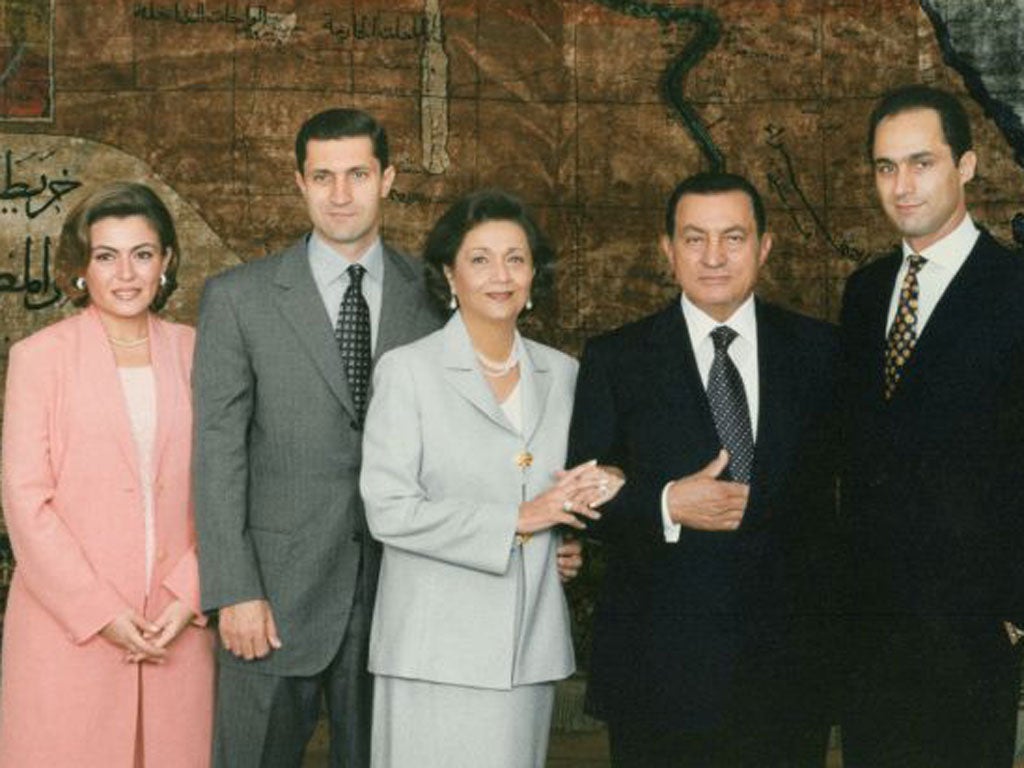Egypt heads to the polls – a year after revolution
Millions set to vote for Muburak's successor in country's first genuinely democratic election

Egypt's revolution will have come full circle today as millions of voters head to the polls for a presidential election, which could radically alter the face of the Middle East.
A year since the toppling of Hosni Mubarak, Egyptians will vote to elect his successor after an interregnum marred by bloodshed, political sclerosis and mutual suspicion among one-time revolutionary comrades.
The poll will be the first genuinely democratic election of its kind in Egypt's history, yet continues to be overshadowed by a series of huge questions – not least over who the eventual victor will be.
A number of local opinion polls have tipped Amr Moussa, the former Arab League chief and Foreign Minister under Hosni Mubarak; others have indicated the winner will be Ahmed Shafik, the man hastily appointed as Prime Minister during the death throes of the previous regime.
A clutch of other candidates have also kept their noses in front: Abdel Moneim Aboul Fotouh, the reformed Islamic radical now seen as a uniting "crossover" contender; Hamdeen Sabahi, a leftist firebrand and vociferous critic of the Military Council; and Mohamed Morsi, official candidate of the Muslim Brotherhood.
"The people of Egypt made the biggest revolution in the country's history," said Emad Hamdy, a member of Hamdeen Sabahi's campaign team. "Now they have won the right to choose their own president."
There is no doubting the fervour with which many Egyptians have taken to the task of electing their new president. City and village squares across the country have filled up with voters eager to watch the various election bandwagons rolling into town.
Whatever the result, the stakes are huge. In the minds many activists, a victory for Amr Moussa or Ahmed Shafik would be a hammer blow for the uprising – confirmation that the old regime under which both men served has yet to be unpicked.
"Without a revolutionary president, there will be no revolutionary change in Egypt," explained Sally Sami, a campaign co-ordinator for Khalid Ali, the low-flying candidate who has nevertheless developed a devoted following among many young activists.
Moussa supporters reject such sleights: "He left the government in 2000," said regional co-ordinator Mohamed Osman. "How can he be with the regime?"
Instead they project their man as the can-do-candidate; a veteran, big-stage actor providing a firewall against Islamists such as Mohamed Morsi.
It is a strategy designed to play well with anxious voters who realise that a win for Mr Morsi would cement the Muslim Brotherhood's total dominance over Egyptian politics.
The group already controls nearly half the Egyptian parliament, and though Mr Morsi has not polled well, the clout of the Brotherhood and its network of influence means his candidacy cannot be ruled out.
Such an outcome would displease liberal MPs and activists, many of whom accused it of trying to strong-arm its agenda on to the committee drafting the new constitution.But it will also mark a breathtaking reversal of fortunes for a group that was outlawed and whose members have suffered imprisonment and torture.
Join our commenting forum
Join thought-provoking conversations, follow other Independent readers and see their replies
Comments
Bookmark popover
Removed from bookmarks